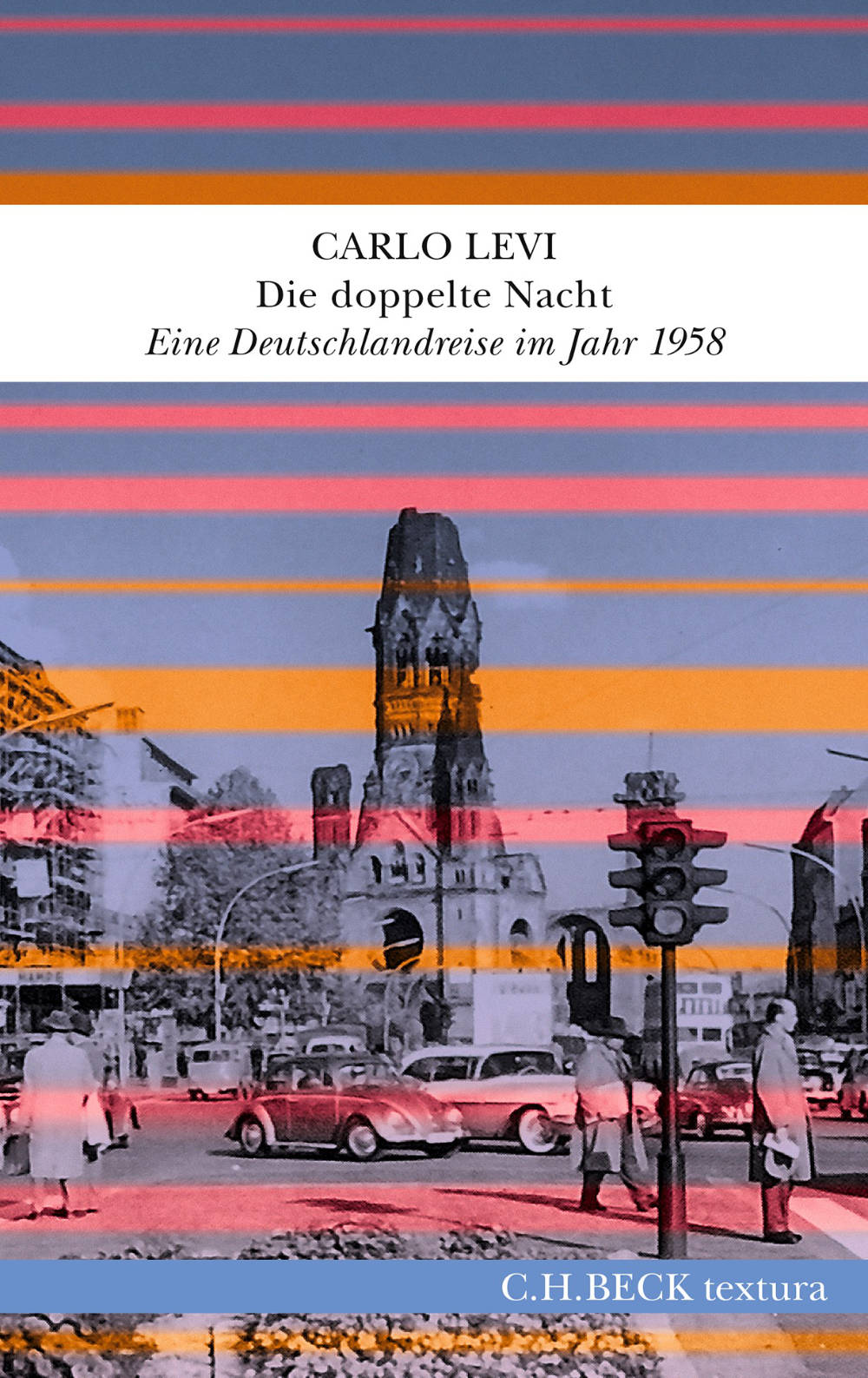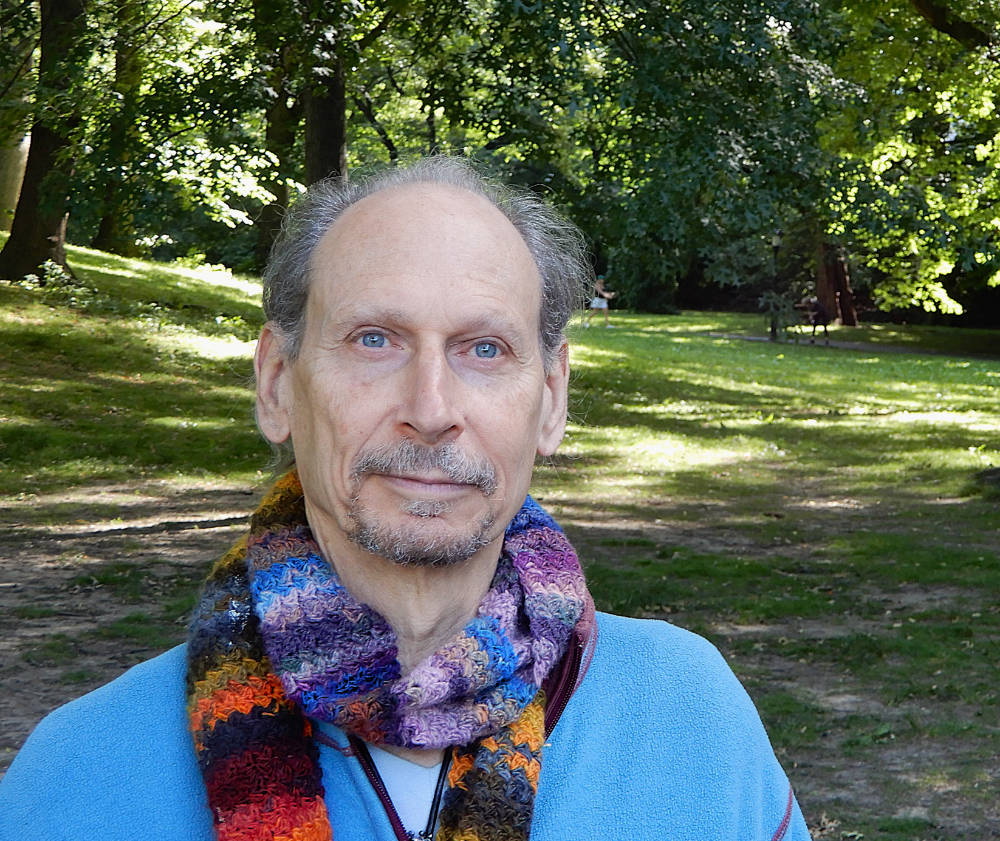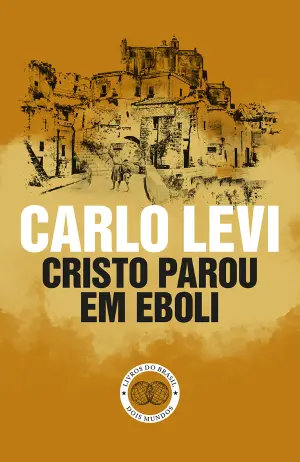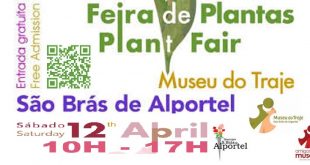Saturday 11th January 2025.

A Happy New Year to all our readers in 2025! As guardians (or rather graveyard keepers) of the language, neither the German nor the Portuguese publishing houses could bring themselves to give the Italian writer, doctor, painter and politician Carlo Levi, born in Turin in 1902, a permanent place in their literary programmes. The fear of the political disease of fascism was, and still is, very real, and not only in Munich. “Do we want to seize the opportunity now?” an editor at C.H. Beck in the Bavarian metropolis must have asked himself, “before the fascists take power again in Germany and elsewhere…”
Carlo Levi, who became world-famous with his autobiographical novel “Christ Stopped at Eboli” (first published in 1945), was politically banned from both German and Portuguese literature for more than 60 years. It was as if his work had never existed…
Now, in January 2025, the wind is favourable, and I am reading the book The Double Night, written in 1959 by Carlo Levi, which has finally been translated into German from Italian by Martin Hallmannsecker and has just been published by C.H. Beck in Munich. Neither Rowohlt, nor the Fischer publishing company, nor Luchterhand, nor Kiepenheuer & Witsch, nor Hanser or Suhrkamp were prepared to take the plunge and publish a text that raises awareness about democracy.
Bravo! After 65 years of waiting – almost a lifetime – C.H. Beck finally managed to publish the first translation of a book from late 1959. You have to accept this feat with equanimity and composure. Perhaps it is even royalty-free now? Such is the irony of history that the journalist who is writing this book review first saw the light of day himself in 1959. After all, at least the book was not written in 1763*. (*see the title of this review)
 Finally published in German, the new book was published in Italian in 1959 and is about a journey which Carlo Levi undertook in December of 1958 through Wes Germany from Munich to Berlin (West and East). It is a 176-page booklet, written in the form of a travelogue, but very rich and diverse in its use of language, which the publishers were probably rather afraid of at the time, preferring to escape into the shallow water to avoid the possible consequences of their action.
Finally published in German, the new book was published in Italian in 1959 and is about a journey which Carlo Levi undertook in December of 1958 through Wes Germany from Munich to Berlin (West and East). It is a 176-page booklet, written in the form of a travelogue, but very rich and diverse in its use of language, which the publishers were probably rather afraid of at the time, preferring to escape into the shallow water to avoid the possible consequences of their action.
Such censorship still exists today. Let me give you a current example: the writer Richard Zimler has seen his work published in America, Great Britain, France and Portugal, and even in Turkey, Poland, Sweden and Japan, in the respective native languages of these countries (14 novels since 1990). Yet, the American Jewish writer and university lecturer in journalism, who lives in Porto and also writes in Portuguese, does not get any of his novels published in German. Just try and imagine that. Zimler has sold more than 600,000 copies of his books worldwide, and in Germany he can’t even get a foot in the door guarded by the graveyard keepers of language and literature.
(https://en.wikipedia.org/wiki/Richard_Zimler)
Back to Carlo Levi? By the way, his work is now also available in Portuguese, published by Porto-Editora, but only through the well-known novel entitled “Cristo Parou em Eboli”…

A change of scene, place and time: “Gagliano, a small cluster of houses on a rock of white clay in distant Sicily, seemed to Carlo Levi on that August afternoon in 1935 like a land at the gates of civilisation, history and humanity. ‘We are not Christians,’ said its inhabitants. ‘Christ only came as far as Eboli’. The doctor, painter and writer was exiled to this town in the impoverished and remote region of Lucania in Southern Italy because he opposed the fascist regime of Benito Mussolini. During the ten months or so he spent there, Levi reflected on the landscape, the people and their resignation to poverty, rurality and the persistence of their ancestors’ beliefs. In 1945, he published the testimony of this experience, a captivating narrative in which he interwove fiction, memory, sociological record, essay and travel literature.”
“Christ Stopped at Eboli” is considered Carlo Levi’s masterpiece. It was adapted for the cinema and taught in Italian schools until recently, and it still stands as an important portrait of this historical period and the division of a country into a rich north and a poor south.
Something similar happened on Levi’s journey through Germany in 1958, when he travelled by plane over the Alps from Rome to Munich and discovered ‘the silence of the lambs’ in that country, the repression and devastation of the past of a so-called 1,000-year Reich that only lasted twelve years and brought so much suffering to the world. He went to Munich to ‘eat’ white sausages and talked to displaced persons from Eastern Germany who were now living in the barracks of the Dachau concentration camp. He learned all about German history from the Middle Ages to the present day and the years of reconstruction, experiencing the silence and the suppression of the Holocaust. It was just four years since Germany had become world football champions in Switzerland: the so-called Miracle of Bern. Germany belonged to the community of countries again. Levi, who was himself of Jewish descent, was sensitive to the silence and the bragging about the economic miracle, noting the people’s reluctance to face up to the responsibility for the gas chambers, since they claimed that they themselves knew nothing about it. For an Italian, travelling through Germany in 1958 must also have been a gastronomic disaster in itself…
As it happens, his travelogue is not an indictment, but instead a cleverly constructed document of contemporary history, because where there is no complainant, there is no judge. Germany was a miserable nation in 1958, still almost without men – and, if you found any, then they were almost all old men who had been wounded in the war… It had learned nothing in those many years. Because you can only overcome a trauma by facing up to it. It takes pain, it takes time, it takes courage, strength and concentration on the essential details. It doesn’t help to repress what you discover, but to face the agony of your reflections with humility. Fascism never again?! He who believes will be blessed. This also applies to the guardians of the holy grail of language.
 Eco123 Revista da Economia e Ecologia
Eco123 Revista da Economia e Ecologia



